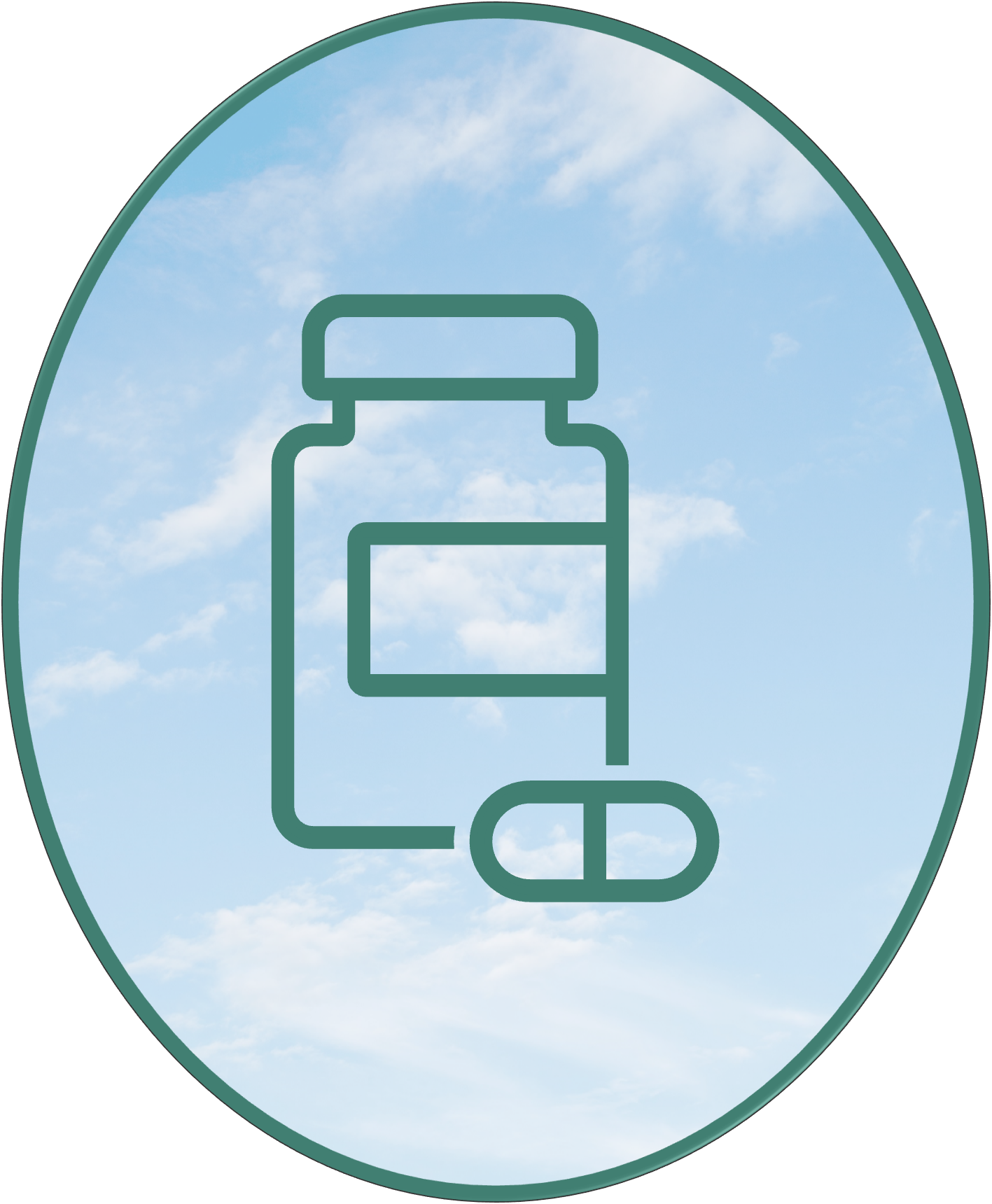Lincolnshire ROAR
Review Opioid Analgesia (pain medication) Regularly
Are you taking opioids? Speak out! Get a review! Make sure its right for you!
Lincolnshire has a high rate of opioid prescribing when compared to national averages. Long-term regular opioids are generally not recommended for chronic (persistent) non-cancer pain.
Examples of opioid medication are codeine (including co-codamol), tramadol, morphine, buprenorphine, oxycodone and fentanyl. There are many others including different brands. Check with your pharmacist if you are uncertain.
Data, support and resources have been made available to all GP practices in Lincolnshire.
Opioids usually become less effective over time and adverse effects are common.
Opioids should not be stopped abruptly.
Opioids shoud be reviewed regularly with your healthcare professional.
We recommend that everyone ask the four questions below at every review.
 Is it Recommended?
Is it Recommended?
The long-term, regular use of opioid medication is not routinely recommended for chronic (persistent) non-cancer pain.
Many people were prescribed these medications before current recommendations. They should not be stopped abruptly. However, regular review with your healthcare professional is really important, as these medications can do harm.
Here are links to current UK (NICE) guidelines for prescribing in various chronic non-cancer pain conditions:
Click on the following links to access NICE guidance pages: NG193, NG59, NG226, CG173

Is it Effective?
The main problem with opioids for chronic non-cancer pain, is that most of us develop tolerance. This means we get used to them and they become less effective at reducing pain.
After taking opioids for months or years, it can be difficult to know whether the medication is helping or not. If your pain is getting worse or remains severe, the medication is not doing its job.
If you have more pain after missing doses or receiving a late prescription, this may be due to withdrawal and does not mean the medication is definitely effective.
Making small, careful reductions is the best way to assess the medication's true benefit. This basically means reducing the dose a fraction and seeing whether you notice the difference. People often need a Healthcare Professional to prescribe a smaller dose, to allow them to do this.

Is it Safe?
Opioid medication can cause many different adverse effects, both currently and in the long-term. To learn more about these side effects, please click the link to a resource provided by Live Well with Pain.
Click here to access a page about adverse effects - Consider Adverse Effects
Opioids can cause serious problems, which may be a risk to your safety. This may include dizziness, unsteadiness, falls, confusion, drowsiness and being difficult to wake from sleep. Others may notice things when you are sleeping, such as snoring, unusual patterns of breathing and breath pauses.
If you have any of these symptoms, or other concerns about your health and safety, you should contact your GP or 111 immediately. Dial 999 in an Emergency.
Safety problems can increase when opioids are combined with each other or other medication. There are national alerts about combining opioids with gabapentinoids (e.g. gabapentin, pregabalin) and benzodiazepines (e.g. diazepam, lorazepam).
Click here to see new Medicines and Healthcare products Regulatory Agency Alerts - MHRA drug and device alerts
Opioids can impact an individual's ability to drive safely. It is the responsibility of the driver to be safe and able to drive. More information can be found below:
Click here to be taken to the UK Government page on driving and the law - Driving and the Law
Opioids can be addictive. This may present as feelings other than pain relief when you take the medication, such as a mental high or sense of calm. It can also present as cravings, seeking more medication than the prescribed dose or feeling you must continue it despite negative consequences. If you have any concerns about opioid addiction, seek support from your healthcare professional, or Lincolnshire Recovery Partnership.
UK national information on opioid addiction, withdrawal and adverse effects is available at:
Click here to visit the UK Government page on opioid medicines - Opioid medicines and the risk of addiction - GOV.UK

Is it Wanted?
Patients frequently say they would prefer to take less medication if possible. The negative impact of side effects may outweigh any positive pain reduction. Medication is just one piece of a pain management jigsaw and other help is available. Check-out our resources below, attend one of our sessions and join our community.
Click here to visit our page on patient resources - Support and Resources for all those living with pain
Remember
- Opioid medication should be reviewed on a regular basis
- Long-term, regular opioids are generally not recommended for chronic (persistent) non-cancer pain
- Get support from your healthcare professional
- Do not stop opioid medication abruptly
